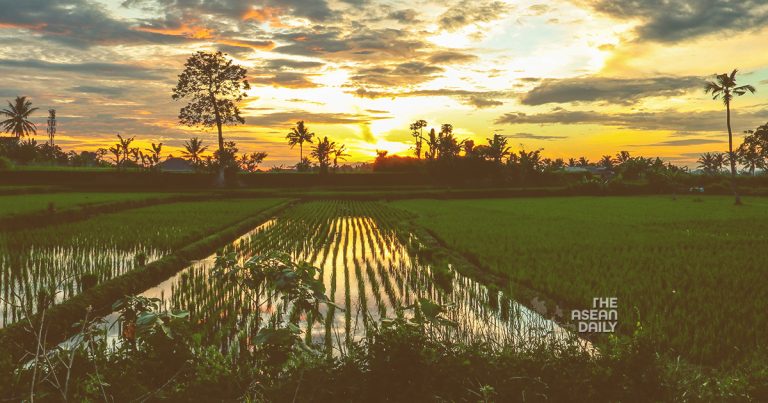16-10-2023 (MANILA) Bayer AG has announced its plans to introduce its direct-seeded rice program to the Philippines in 2024, offering farmers a more climate-friendly alternative cultivation method.
The program was initially launched in India earlier this year, with Bayer claiming it can help reduce water usage by up to 40%, lower greenhouse gas emissions by up to 45%, and decrease manual labor costs by up to 50%.
Traditional rice farming methods involve growing seedlings in nurseries before transplanting them into flooded paddy fields. This practice is still used for approximately 80% of the world’s rice crop. Bayer’s system introduces rice hybrids that can be directly sown into the soil.
Although the Philippines ranks among the top 10 rice producers globally, its output struggles to meet domestic demand. India is the world’s largest rice exporter.
Bayer’s announcement came at the outset of a four-day international rice conference organized by the Philippines-based International Rice Research Institute (IRRI).
In a related development, IRRI revealed that its scientists have identified genes in rice with low and ultra-low glycaemic index (GI), marking a breakthrough in addressing the rising global diabetes cases.
Many cultivated rice varieties currently have high GI levels, which are considered unhealthy for people with diabetes. IRRI’s discovery paves the way for developing rice varieties with low and ultra-low GI levels to cater to the dietary preferences and health needs of consumers.




